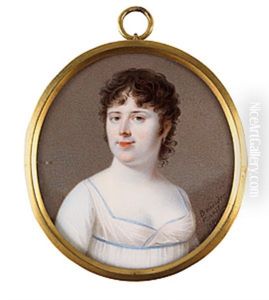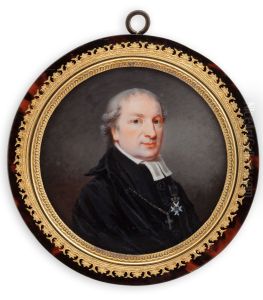Johan Erik Bolinder Paintings
Johan Erik Bolinder was a prominent figure in the Swedish industrial revolution, rather than a figure typically associated with the arts. Born in Stockholm, Sweden, in 1823, his contributions to the industrial sector, especially in the development and manufacturing of engines and agricultural machinery, marked a significant shift in the Swedish economy and its technological advancements during the 19th century. Despite the request for an artistic biography, it's essential to note that Bolinder's legacy is deeply rooted in the spheres of engineering and entrepreneurship, illustrating the diverse ways individuals can impact culture and society beyond traditional artistic expressions.
Bolinder, along with his brother Carl Gerhard Bolinder, played a pivotal role in founding what would become one of Sweden's leading engineering firms, Munktells Mekaniska Verkstad, which later evolved into Bolinder-Munktell. This company was instrumental in the mechanization of agriculture in Sweden, producing steam engines, tractors, and other machinery that revolutionized farming practices. Their work facilitated a transition from manual labor to mechanized farming, significantly impacting the agricultural landscape in Sweden and beyond.
Throughout his life, Bolinder was dedicated to innovation and the improvement of industrial technologies. His efforts were not only focused on the economic growth and industrial development of Sweden but also on the improvement of societal conditions through technological advancement. The legacy of Johan Erik Bolinder and his contributions to the industrial sector are still recognized today, especially through the company's evolution into what is now known as Volvo Construction Equipment.
Despite the initial request for a biography within the context of art history, Johan Erik Bolinder's story is a testament to the broad spectrum of human creativity and ingenuity. His work, while not in the traditional realm of fine arts, embodies the spirit of innovation and the profound impact that technological and industrial advancements can have on society and culture. His death in 1899 marked the end of an era but also the beginning of a new chapter in the industrial and technological history of Sweden and the world.













